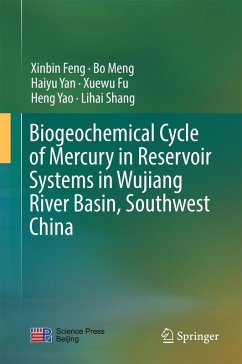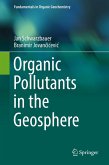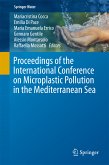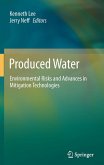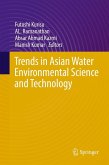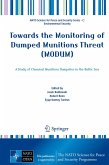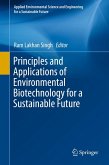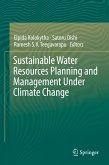This book presents an intensive study on the biogeochemical cycle of mercury in a river-reservoir system in Wujiang River Basin, the upper branch of the Yangtze River. Six reservoirs located in the mainstream of the Wujiang River and their corresponding inflow/outflow rivers were selected for inclusion in this study, which was conducted by researchers from the Institute of Geochemistry, Chinese Academy of Sciences. The concentration and distribution of Hg in reservoirs (the water column, sediment, sediment pore water), inflow/outflow rivers of reservoirs, and wet deposition in Wujiang River Basin were systematically investigated, and measurements were taken of the water/air exchange flux of gaseous elemental mercury (GEM). On the basis of the data gathered, a detailed mass balance of total mercury (THg) and methylmercury (MeHg) in the six reservoirs was developed. In addition, the book identifies the primary factors controlling Hg methylation in the river-reservoir system in WujiangRiver Basin. The accumulation and bio-magnification of Hg species within food chains in reservoirs and human health risk of MeHg exposure through fish consumption are also included in this book.
Dieser Download kann aus rechtlichen Gründen nur mit Rechnungsadresse in A, B, BG, CY, CZ, D, DK, EW, E, FIN, F, GR, HR, H, IRL, I, LT, L, LR, M, NL, PL, P, R, S, SLO, SK ausgeliefert werden.

